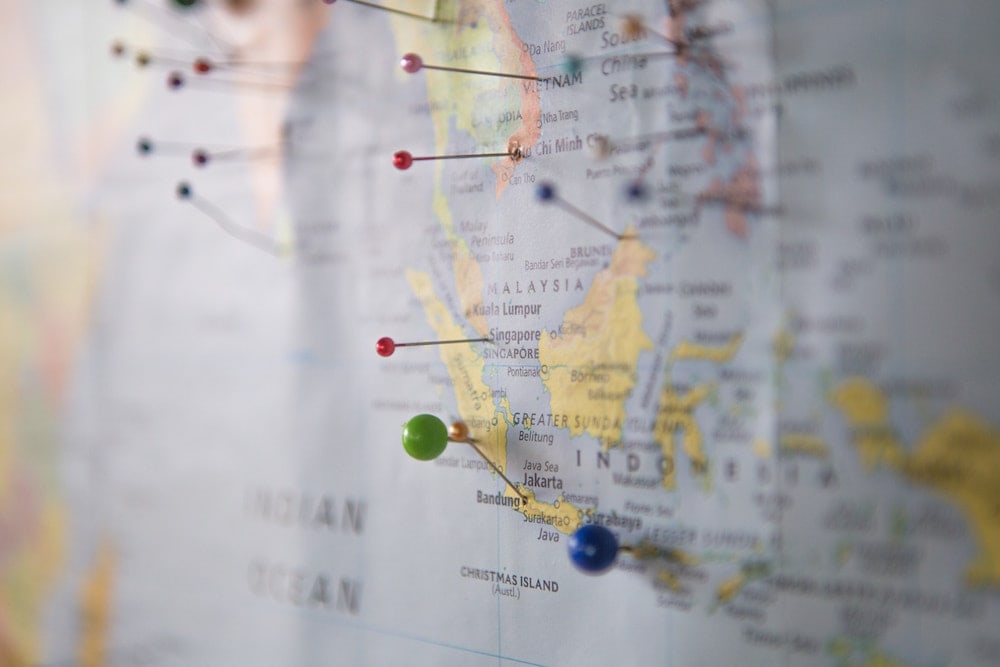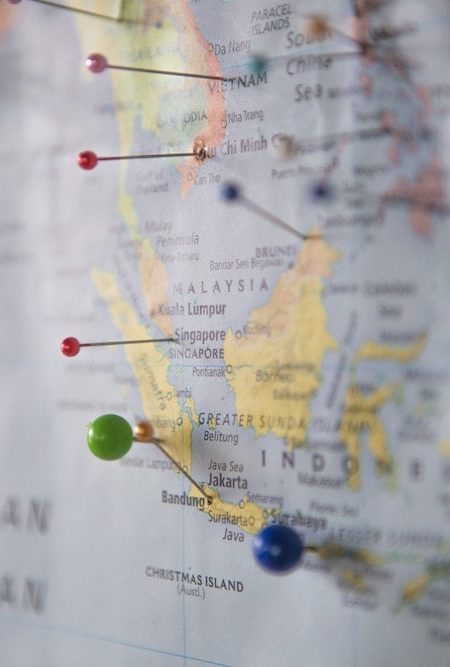As Australians we’re lucky to have access to emergency healthcare through Medicare for permanent residents and Reciprocal Health Care Agreements (RHCA) for visiting tourists. But not all countries have this.
If you’re travelling outside Australia, and you don’t have travel insurance, it’s likely you’ll have to pay for hospital and treatment bills out of your own pocket. If you happen to be somewhere like the U.S. this can be exorbitant. A week’s stay in a U.S. hospital, for example, will set you back over USD$10,000.
Then there’s the cost of flying home if you need to be transported back quickly. Another potentially large expense that you’ll have pay for.
Travel health insurance can save you the hassles of dealing with medical expenses and problems abroad and give you peace of mind while you’re on holiday. It should be the next item on your to-do list after you book your flight, not an afterthought!
Let’s look at some pointers that you should keep in mind when choosing health insurance for international travel.
1. Where are you going?
Sufficient travel insurance cover is compulsory, or at least a general requirement, for countries such as Thailand, Cuba, UAE, Antarctica and the USA, to name a few. There are many others.
As part of your travel plans, it’s a good idea to research the country where you plan to visit and check their insurance requirements and if there are any current risks or safety issues. You may also need to have proof of certain vaccinations before you arrive.
2. How long are you going for?
If it’s just a quick trip then buy a standalone travel insurance policy for a set number of days. If you travel often then an annual multi-trip policy is a better option. This lets you take multiple trips within a certain time period for a certain number of days.
Students studying overseas are an example of the type of people who should consider an annual multi-trip policy. A good resource that provides further advice for those studying overseas can be found here.
3. What about stopovers?
Stopovers count as a separate country so you need to make sure these are included. A worldwide policy should cover all the major countries.
4. What are you going to do?
Some adventure sports or adrenalin activities aren’t necessarily included in a travel insurance policy, so check the list. And if you plan on doing some drinking along the way you may want to take it easy – incidents caused by alcohol won’t be covered by your policy.
5. Do you have any medical conditions?
Pre-existing medical conditions may not be covered by your policy, so don’t assume they will be. It’s best to contact the insurance provider to check this prior to purchase.
6. Do you understand the policy?
Check the small print so you know what the policy covers and what it doesn’t – this is contained in the product disclosure statement (PDS). You don’t want to have an accident or become ill while overseas and not be able to claim for expenses. Here are some common insurable events that people typically get travel health cover for:
- Flight or tour cancellation
- Flight delayed more than 12 hours
- Missing a connecting flight
- Receiving medical treatment
- Lost / damaged / stolen luggage
- Lost / damaged / stolen cash or items
- Forced to cancel the trip before departure.
Final thoughts
Hopefully, you won’t need to use your health insurance while travelling, but it’s better to be safe than sorry. Make sure your health insurance details are with you, including the emergency assistance number when you’re overseas and share them with family or friends prior to leaving.





